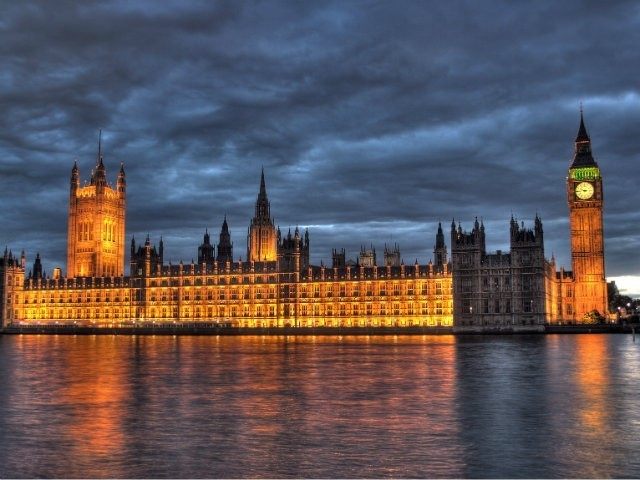Senior Conservative Sir Alan Duncan has put pressure on his leader David Cameron by calling for the Fixed Term Parliament Act to be scrapped as its implications for the workings of British democracy become clearer. Writing in the Daily Mail, Duncan calls the Act a “short term fix”, warning it would do “long term damage” if not repealed on the day after the next election.
The Act stipulates that all Parliamentary Terms are a fixed five years. Previously, Prime Ministers had been able to call an election whenever they felt it was most beneficial to do so, simply by visiting the Queen to ask her to call an election. But under the Act, he or she needs to win a two thirds majority in the House of Commons to dissolve parliament early.
That makes it almost impossible for any party to run a minority government for a short time before calling a new election, as happened in 1974, putting paid to speculation that a chaotic result in May could prompt a second election this year in October.
The Act was hashed together by the Liberal Democrats as a short term fix to the problems of being in a coalition. Their leader Nick Clegg and his party feared being jettisoned by their larger coalition partner the Conservatives mid-way through the parliamentary term, so insisted on the Act as a way to ensure that couldn’t happen.
Writing in the Daily Mail, Duncan has said: “We can all see why this was agreed. The only way a viable government could be formed after the 2010 election was for Conservatives and Liberal Democrats to join as one to create a parliamentary majority.
“The Liberal Democrats needed to guard against being wrong-footed by a Conservative Prime Minister exercising his historic right to pick the election date and choosing to do so at the worst time for the Liberal Democrats.
“A deal to agree how long the Government should last was an essential part of the glue which bound the Coalition together. The agreement to stay the course has served the country well, but a permanent constitutional change will not.”
Duncan’s Conservative colleague, veteran MP Sir Edward Leigh, agreed that the legislation should be scrapped. “We’ve never had fixed term parliaments in the past and it creates terrible inflexibility,” he told the Mail.
“It was created artificially just for the sake of the current coalition, supposedly to stop one party walking off, rather than any good constitutional innovation. Five-year parliaments are too long. We should repeal it.”
Speaking on the BBC’s Daily Politics show earlier today, Labour MP Tessa Jowell said that she was broadly in favour of the Act, but that the parliamentary terms should be shortened to four years as that was more what people were used to.
Duncan also criticised the Act for undermining people’s confidence in the Parliamentary system, weakening Britain’s democratic structures. “It is a recipe for political horse-trading and coalition manoeuvrings. This will weaken, not strengthen, public confidence in our politics.
“The sense that the current Coalition was negotiated behind closed doors will be nothing compared to the public anger if coalitions are formed, broken and re-formed within the five year term of a Parliament without any new election taking place to give them legitimacy.
“For if the Government were to lose a vote of no confidence, the Prime Minister could no longer call an election and dissolve Parliament. Now, the Opposition would have the chance to cobble together its own majority by wooing potential partners.
“All this would happen hidden from view in the corridors of Westminster, with the ballot box nowhere in sight.”
He called for “all parties” to “combine to repeal the Fixed Term Parliaments Act, making the change effective from the day after next May’s election.”
Lord Norton of Louth, a Parliamentary expert, said of the Act: “What is notable is the extent to which its provisions were not that well appreciated at the time and still are not fully understood.
“Even one academic article on the subject believed that the Queen retained some discretionary powers in respect of dissolution.
“Prime Ministerial discretion is not involved. The prerogative power in respect of calling an election is gone. The Queen retains no discretionary powers.
“Under the Act, the provisions are to be reviewed in 2020. However, given the criticisms now being directed at the measure, pressure for some change may become such as to prompt some change.”

COMMENTS
Please let us know if you're having issues with commenting.